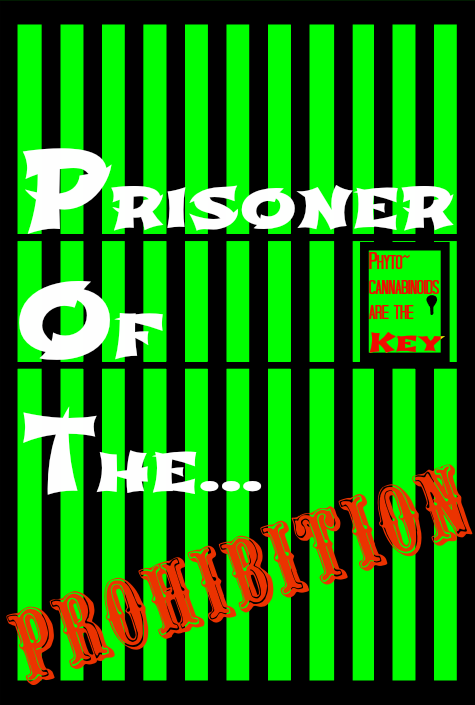[Epub ahead of print]
 Antinociceptive effects of central administration of the endogenous CB1 agonist VDPVNFKLLSH-OH [(m)VD-hemopressin(α)] , a N-terminally extended hemopressin peptide.
Antinociceptive effects of central administration of the endogenous CB1 agonist VDPVNFKLLSH-OH [(m)VD-hemopressin(α)] , a N-terminally extended hemopressin peptide.
Source
Lanzhou University.
Abstract
Cannabinoid system has been demonstrated to modulate the acute and chronic pain of multiple origins. (m)VD-hemopressin(α) (VD-Hpα), an 11-residue α-hemoglobin-derived peptide, was recently reported to function as a selective agonist of cannabinoid CB1 receptor in vitro. To characterize its behavioral and physiological properties, in the present work, we investigated the in vivo effects of (m)VD-Hpα in mice. In the mouse tail-flick test, (m)VD-Hpα dose-dependently induced antinociception after supraspinal (EC50 = 6.69 nmol) and spinal (EC50 = 2.88 nmol) administration. The antinociceptive effects of (m)VD-Hpα(i.c.v. and i.t.) were completely blocked by AM251 (CB1 antagonist), but not by AM630 (CB2 antagonist) or naloxone (opioid antagonist), showing its selectivity to CB1 receptor. Furthermore, the CNS effects of (m)VD-Hpα were evaluated in body temperature, locomotor activity, tolerance development, reward and food intake assays. At the highly antinociceptive dose (3 x EC50), (m)VD-Hpα markedly exerted hypothermia and hypoactivity after supraspinal administration. Repeated i.c.v. injection of (m)VD-Hpα resulted in both development of tolerance to antinociception and conditioned place aversion. In addition, central injection of (m)VD-Hpα dose-dependently stimulated food consumption. These findings demonstrate that this novel cannabinoid peptide agonist induces CB1-mediated central antinociception with some CNS effects, which further supports a CB1 agonist character of (m)VD-Hpα. Moreover, the current study will be helpful to understand the in vivo properties of the endogenous peptide agonist of cannabinoid CB1 receptor.
KEYWORDS:
antinociception, behavioral pharmacology, cannabinoids, hypothermia, neuropeptides, pain, tolerance
- PMID:
24307201
[PubMed – as supplied by publisher]

